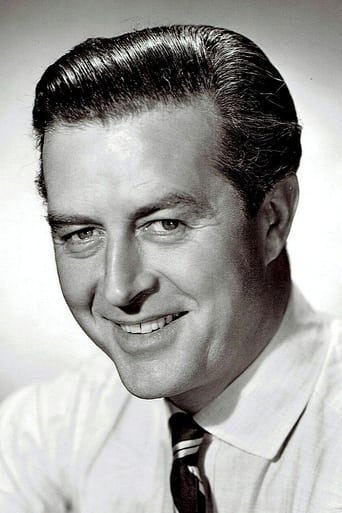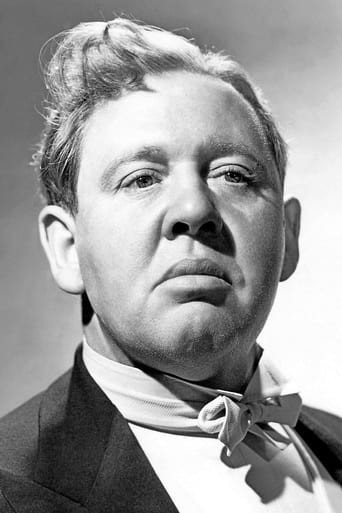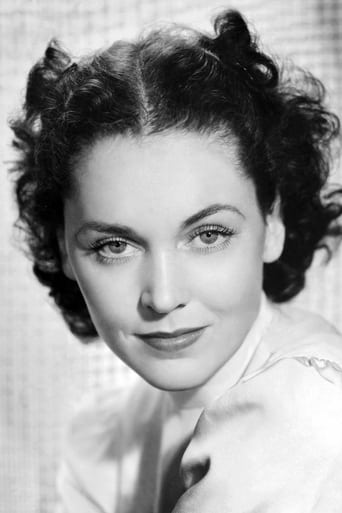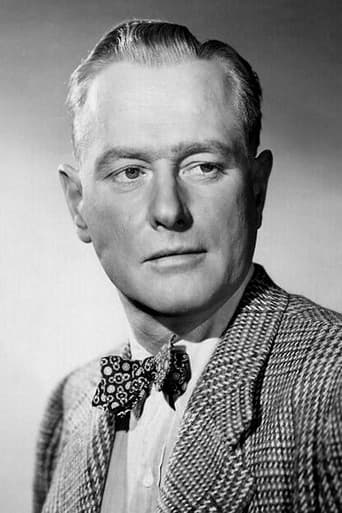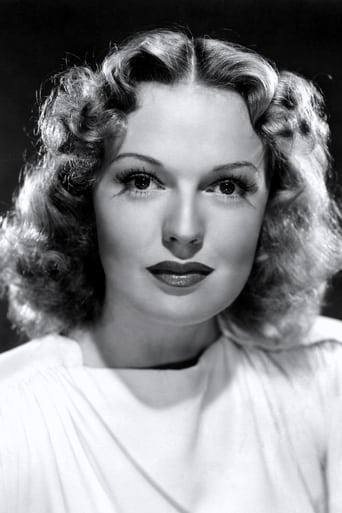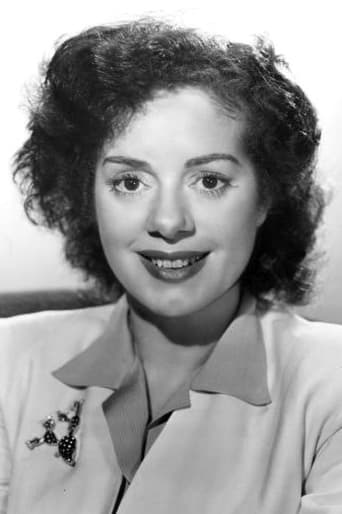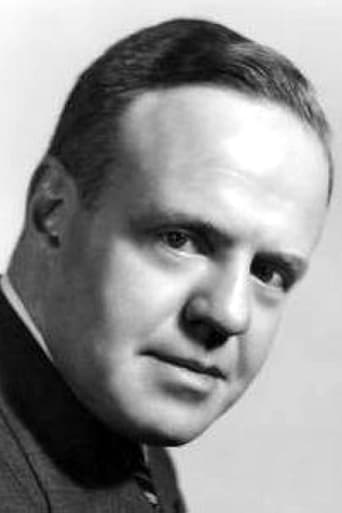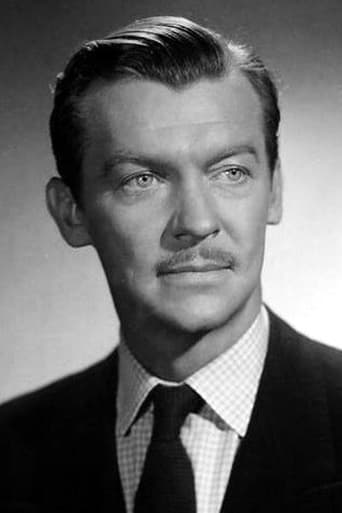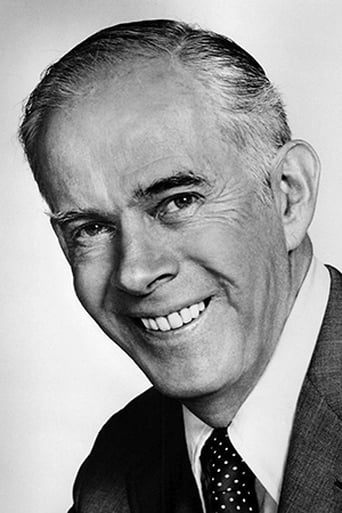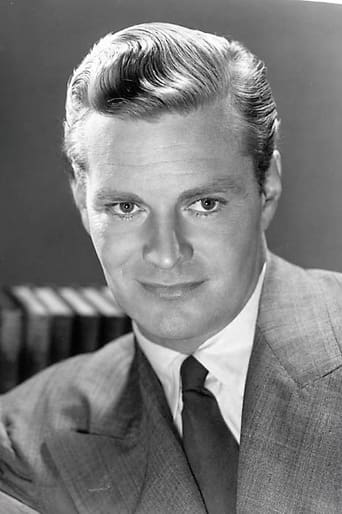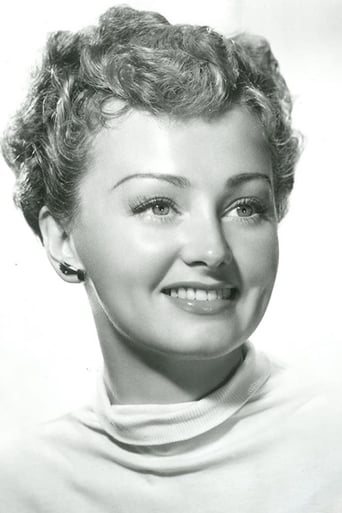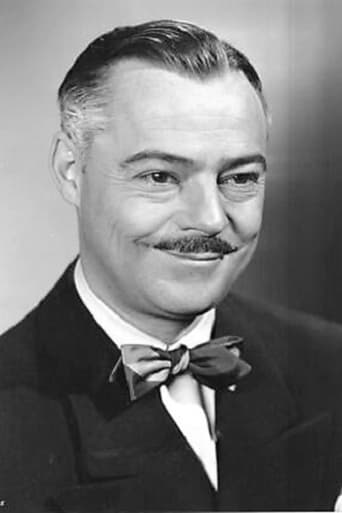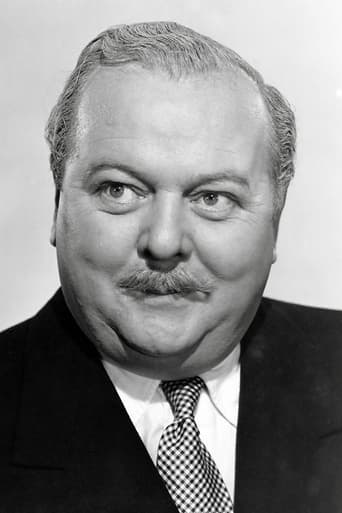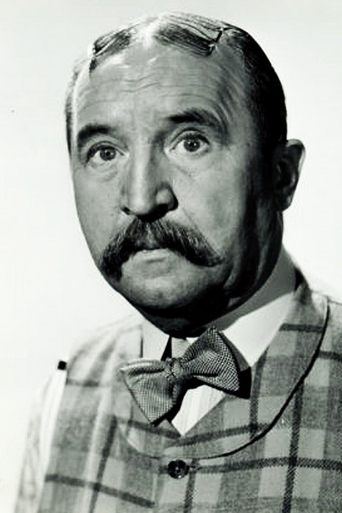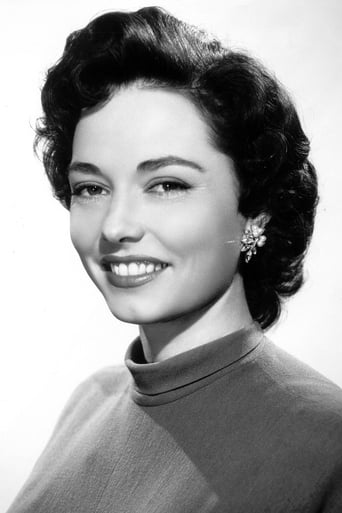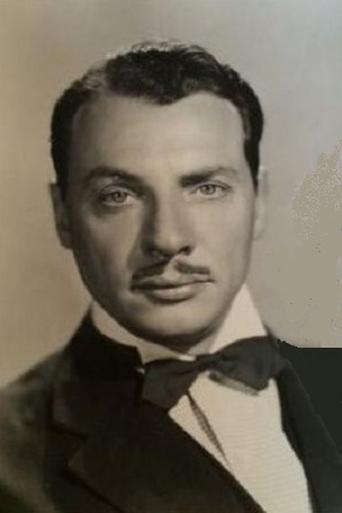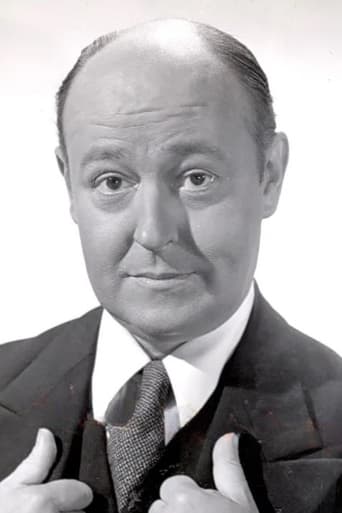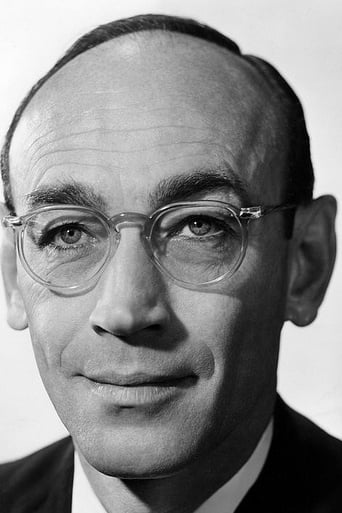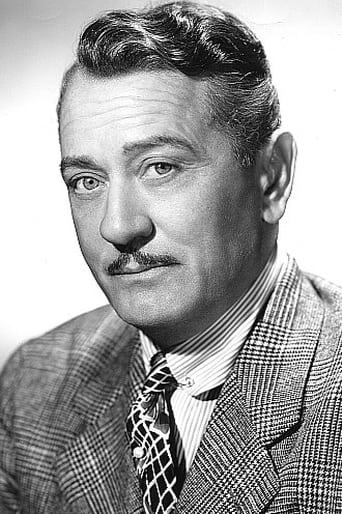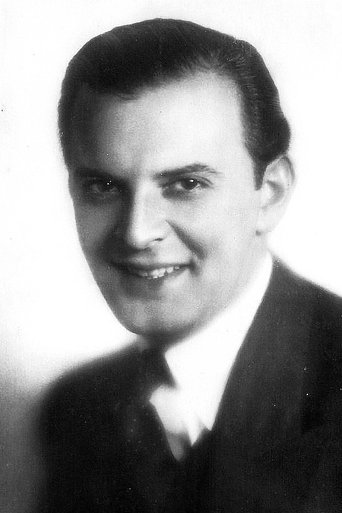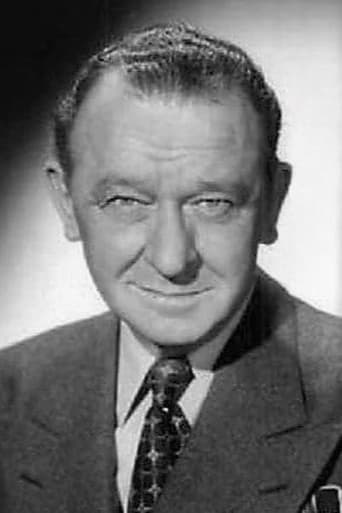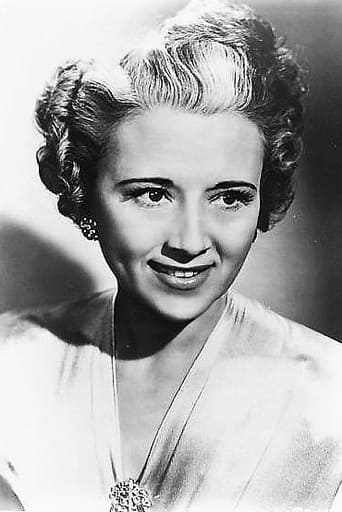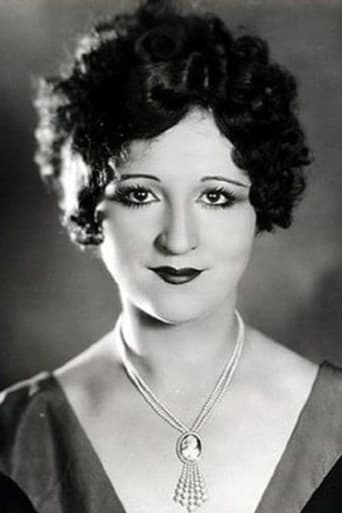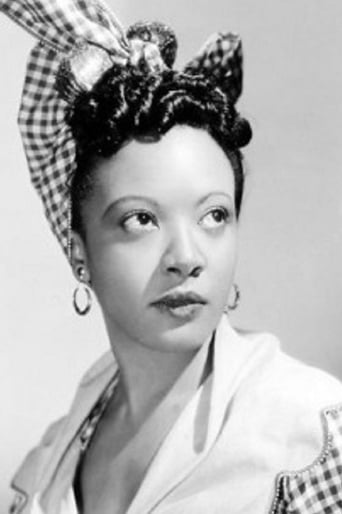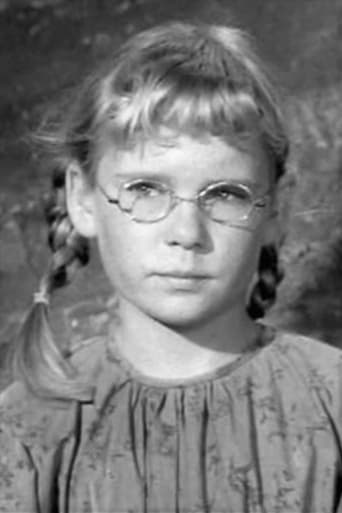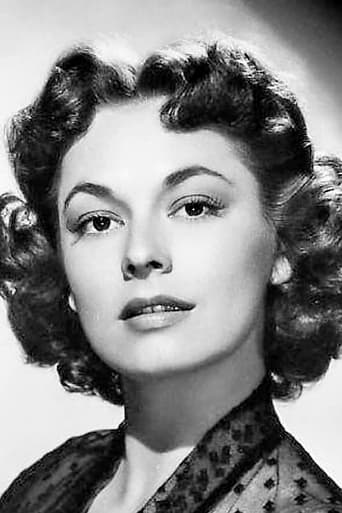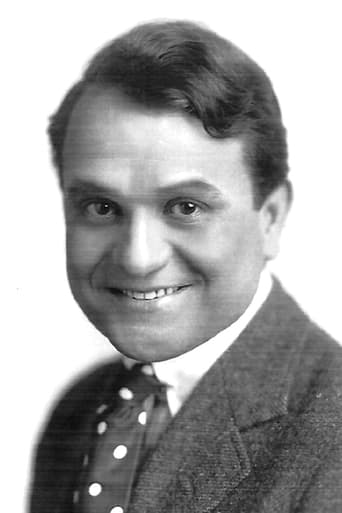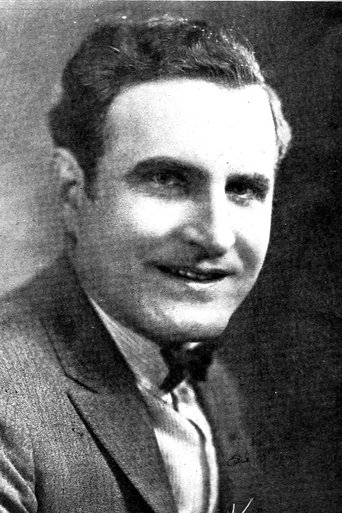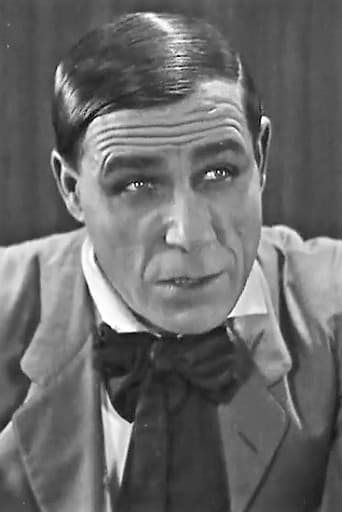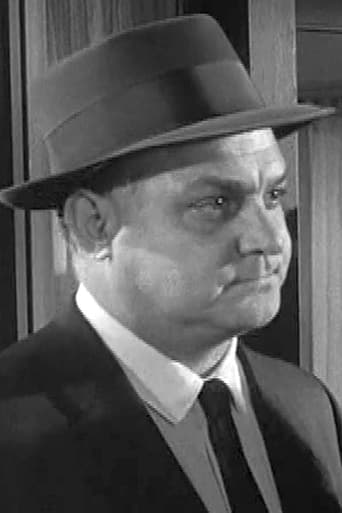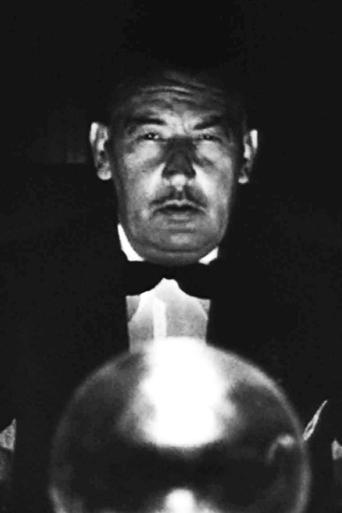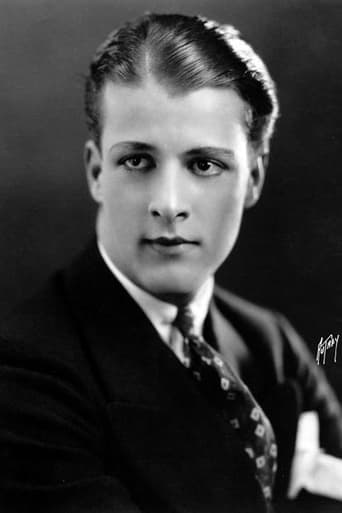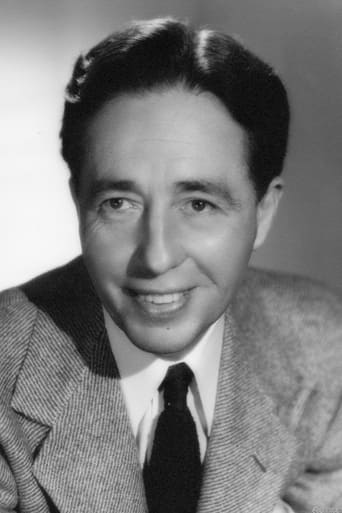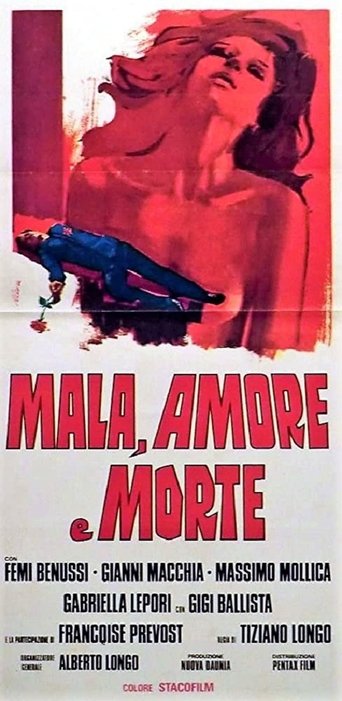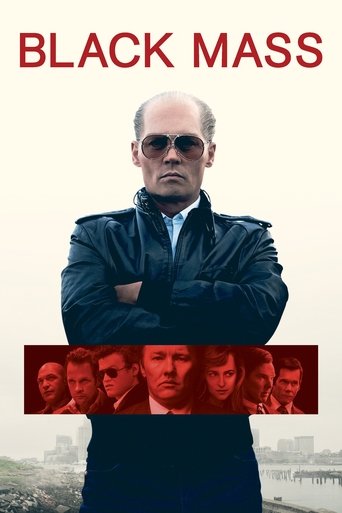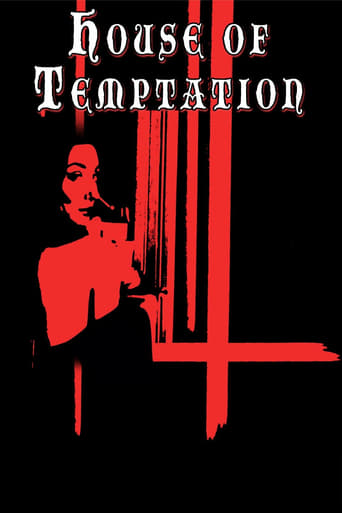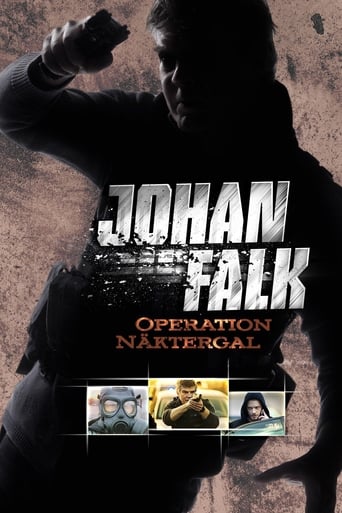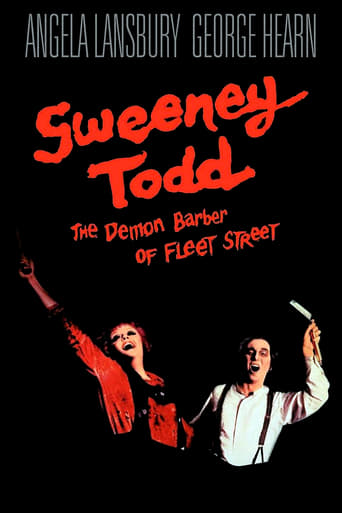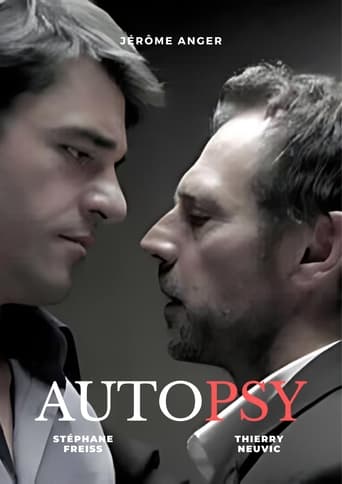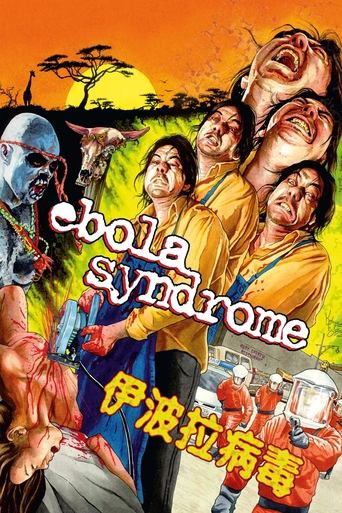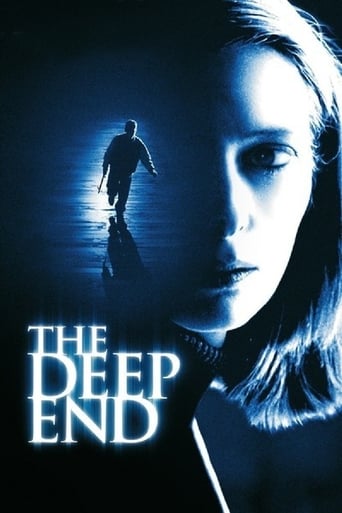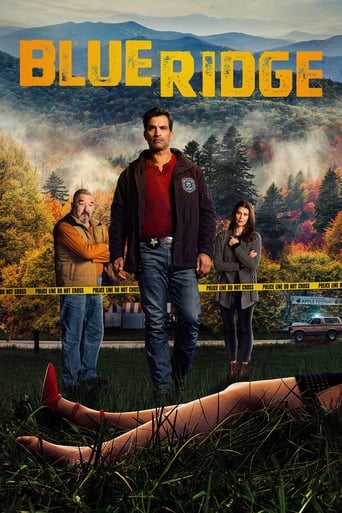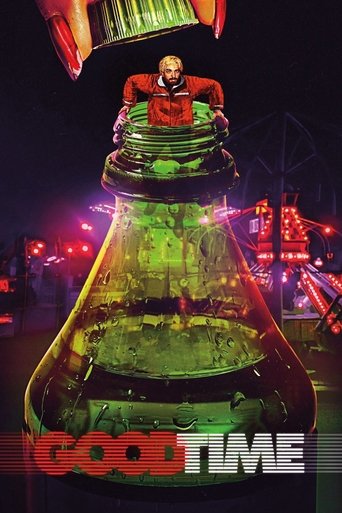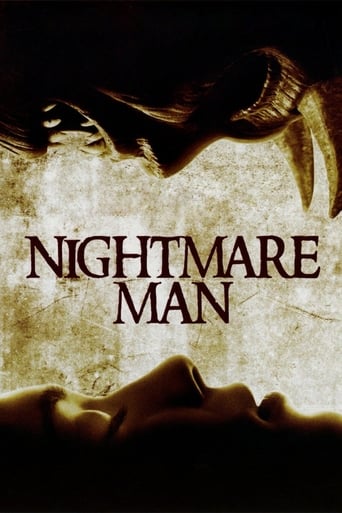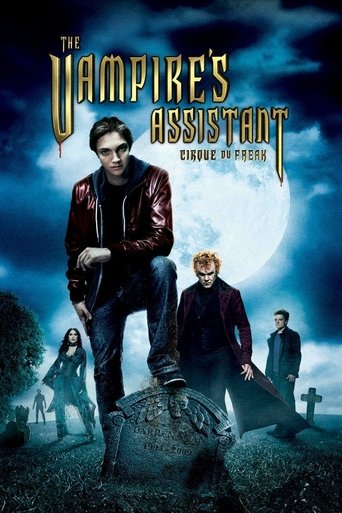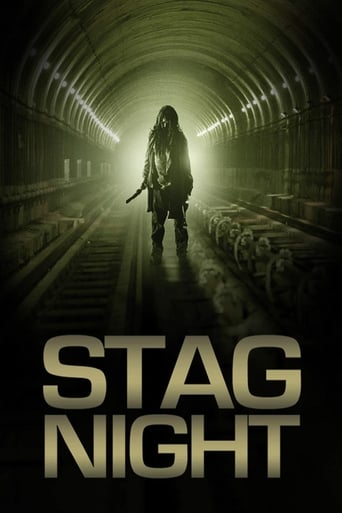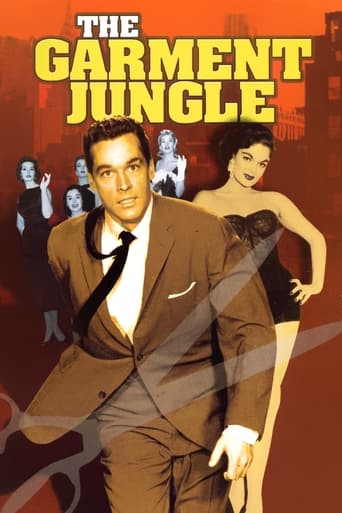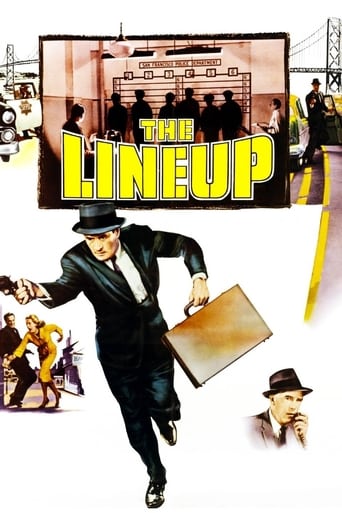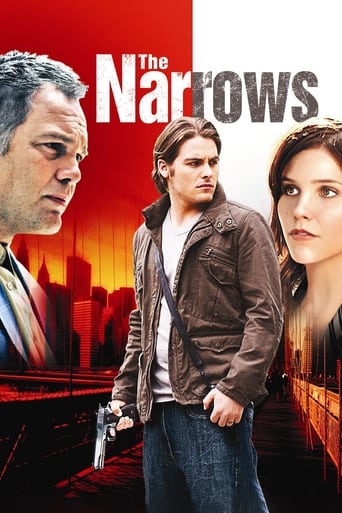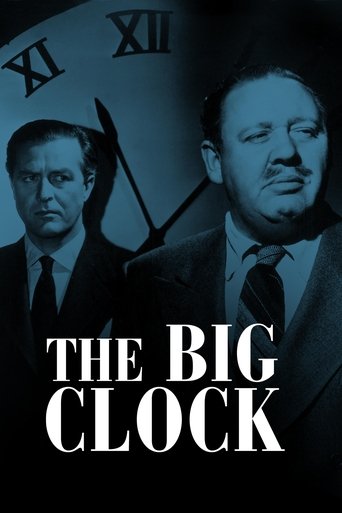
The Big Clock (1948)
Stroud, a crime magazine's crusading editor has to post-pone a vacation with his wife, again, when a glamorous blonde is murdered and he is assigned by his publishing boss Janoth to find the killer. As the investigation proceeds to its conclusion, Stroud must try to disrupt his ordinarily brilliant investigative team as they increasingly build evidence (albeit wrong) that he is the killer.
- John Farrow
- Herbert Coleman
- Jonathan Latimer
- Kenneth Fearing
Rating: 7.253/10 by 158 users
Alternative Title:
Country:
United States of America
Language:
English
Italiano
Runtime: 01 hour 35 minutes
Budget: $0
Revenue: $0
Plot Keyword: new york city, based on novel or book, clock, magazine, film noir, murder, publisher, sundial, all evidence points to protagonist
How did I get into this rat race? Egomaniac publisher Earl Janoth (Charles Laughton) murders his mistress in a fit of temper. He then uses all his power and connections to pin the crime on another man seen close to the crime. George Stroud (Ray Milland), editor of Janoth's own Crimeways magazine, is put in charge of tracing the mystery man. Which is fine until he finds that as he digs deeper, all the evidence points to he himself being the fall guy! Ostensibly film noir it may be, but The Big Clock still has something to offer even the most casual of cinema goer. Directed by the still criminally undervalued John Farrow, The Big Clock has a touch of the Alfred Hitchcock "wrong man" theme about it. Based on a novel written by Kenneth Fearing, Farrow and his writer, Jonathan Latimer, have managed to craft a piece that is both twisty and unique in its execution. With both things working towards a quite clever and suspenseful ending. As with the best of film noir, The Big Clock has an intricate plot that's awash with dubious characters and sexual ambiguity. Headed by Laughton's tyrannical philandering Janoth (apparently based on real life publisher Henry Luce), the piece boasts what maybe a gay scar-faced right hand man? (George Macready) and a butch masseur henchman (Harry Morgan playing against type). Only in the wonderful world of film noir can such characters not only exist, but also be so riveting within the film's structure. The piece is also very funny, particularly when Elsa Lanchester's batty artist Louise Patterson is on the screen. I almost fell off my chair laughing during one scene as she hands in a sketch of the wanted man, Picasso would have been proud! But ultimately it's the story and Ray Milland's ability to see it through that wins the day. Even with the odd little problem, such as the underusing of Maureen O' Sullivan as Stroud's wife, Georgette, thus the domestic strife feels like filler. The Big Clock still finishes as an excellently constructed picture containing interesting thematics on time (this will be down to the individual viewer) that's cunningly set in amongst a media empire environment. Remade with some success in 1987 as a political thriller (No Way Out), The Big Clock still remains the essential film to see. Crime, mystery, drama, comedy and a thriller, it has a little for everyone, even if it is basically a film noir treat. 9/10

